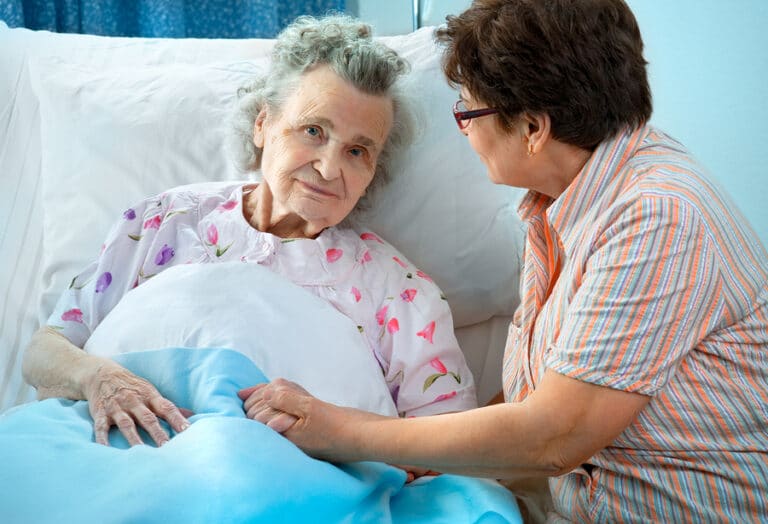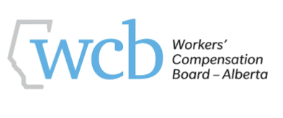Usually, most ulcers can heal on their own with the proper treatment but sometimes an ulcer won’t heal and continues to bleed and cause pain despite treatment efforts. When that occurs, the doctor may request stomach ulcer surgery to alleviate the suffering your loved one is feeling.
Most stomach ulcer surgeries are considered same-day surgery, meaning your loved one will go home after having the procedure performed in an outpatient clinic (although some may require an overnight stay). Whichever is the case for your loved one, she’ll soon be coming home after her surgery, and having a home care assistance provider ready to help her recover might be something you want to consider.
A home care assistance provider can bring a sense of relief with their knowledge and skills. They’ll help your loved one recover and monitor her progress so that you’ll know she’s on the right path to a full recovery from his surgery. During the recovery process, they can help with the following recovery steps he’ll need to take.
Diet
Her doctor will have specific orders about what she can eat and drink and when she can start introducing new foods. This can be hard for someone to follow who is at home and sees all of her favourite foods right in front of her. A home care assistance provider can make sure your loved one is staying on the medical plan, which in turn will help her get back to a normal diet more quickly. The timeline is different for everyone, so having that extra helping hand is a great way to keep the course.
Activity
Your loved one’s activities will also be reduced right after surgery, especially depending on which type of ulcer surgery she had. She might have restrictions on how much weight she can lift as well as restrictions on bending or pushing heavy objects (like a snow shovel or vacuum). A home care assistance provider can help with household chores that she’ll need to refrain from for the time being.
Wound Care
If the wound needs to be drained and cleaned and then properly dried, having a professional help with that task can ensure that an infection or agitation doesn’t occur. Some things your home care assistance provider will look for and alert you or the doctor about are:
- Redness or swelling around the incision.
- The incision feels warm to the touch and your loved one has a fever.
- Blood in the drain or a cloudiness.
- Your loved one experiences extreme pain in the abdomen.
Medication Monitoring
If your loved one has been prescribed medications for the pain, your home care assistance provider can help her monitor when each dose is due and make sure she takes as prescribed so that the medication can work its best.
Soon your loved one will feel much better but the recovery period is always important so make sure you’re providing your loved one with the resources she’ll need to recover at home without any complications.
If you or an ageing loved one are considering Home Care Assistance in Leduc, please contact the caring staff at Serving Hands Senior Care today. Call (780) 963-1516
Premiere Home Health and Senior Home Care services in Spruce Grove, Stony Plain, Devon, St. Albert, Edmonton, Onoway, Leduc, Parkland County and surrounding communities since 2016.
- Getting Everything Done with Gentle Morning Routines - January 28, 2025
- Four Ways To Show Empathy Toward Someone With A Chronic Illness - December 21, 2024
- Encouraging Independence Through Alzheimer’s Home Care - December 6, 2024









